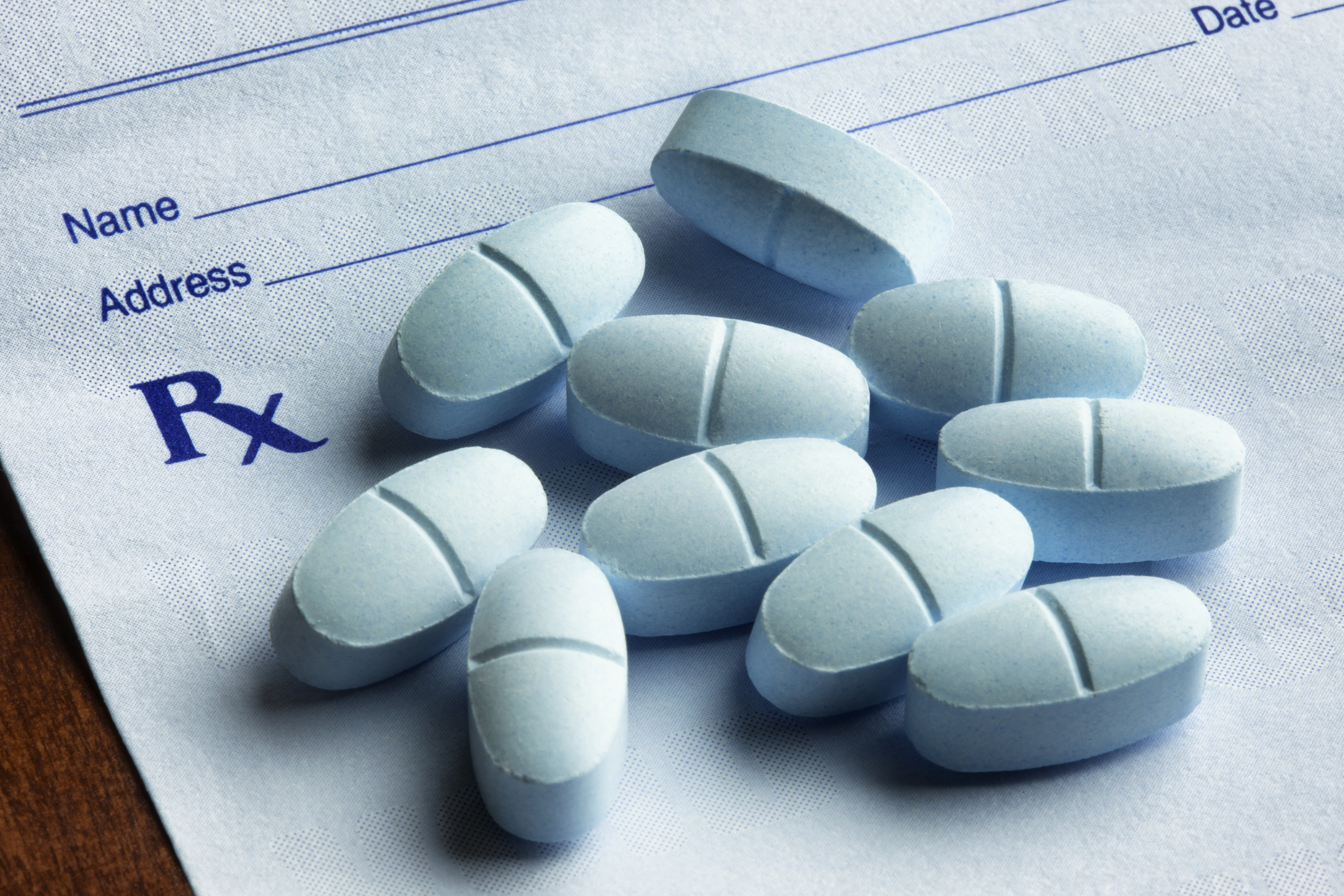Xanax Detox: What You Need to Know When Getting Help

Xanax is the most commonly known brand name for a prescription drug called alprazolam. This drug is part of a class of drugs called benzodiazepines, which are essentially tranquilizers. These drugs are typically used as sedatives with a range of therapeutic applications, such as treating anxiety or panic disorders.
The calming effect of Xanax happens due to an increase in GABA (a neurotransmitter) in the brain. This GABA increase soothes an excited mind, and can be very helpful to some who suffer from forms of severe anxiety. However, over time, the brain responds to this increased GABA activity by lowering the amount of available GABA it naturally creates. At the point where the brains GABA activity changes drastically, the patient will need to take larger doses of Xanax to feel the same effects.
Because the medication creates a euphoric feeling, especially when used in excess, the drug is considered to have some probability for abuse. When used for too long, or when used in excess, Xanax often creates a physical and psychological dependence. This dependence can develop into a serious addiction.
With prolonged use also comes withdrawal symptoms, which make access to a safe, medical Xanax detox very important. So here is what you need to know while seeking help for Xanax detox.
Xanax Detox: Risks of Addiction
There are things to watch for when concerned about the possibility of Xanax addiction. Some of these warning signs will be more obvious than others. Still, one should be aware of symptoms that could indicate a Xanax addiction, including:
- Emotional clouding
- Nausea
- Headaches
- Dizziness
- Irritability
- Sluggishness
- Sleep problems
- Memory impairment
- Cognitive impairment
- Personality changes
- Aggression
- Depression
- Social deterioration
- Employment difficulties
- Seizures
Other serious side effects of prolonged Xanax abuse include:
- Depression
- Delirium
- Aggression
- Increased risk of Dementia
- Psychosis
When it comes to Xanax abuse, it often coincides with abusing other substances. Two other drugs commonly abused along with Xanax include:
Mixing Xanax with either of these drugs can cause some extremely dangerous side effects, including:
- Respiratory arrest
- Coma
- Death
This is all one more reason why a medical Xanax detox can be such a crucial part of the recovery process. Different elements of an addiction can only compound the risks.
Xanax Detox: Withdrawal Symptoms
Xanax is a fast-acting drug with a relatively short half-life, which can actually cause withdrawal symptoms to begin rapidly once use of the drug is discontinued. This is another reason why getting assistance from a Xanax detox program can be essential to an individual’s overall recovery. Most people will even feel the withdrawal symptoms within 12 hours, and those symptoms will often peak within the first 3-4 days. Long-term withdrawal symptoms last for months.
The severity of some of these symptoms, especially in combination with other substances such as alcohol, can be overwhelming and even deadly. The most common withdrawal symptoms from Xanax include:
- Anxiety
- Panic
- Hallucination
- Insomnia
- Moodiness
- Tremors
- Convulsion
- Nightmares
- Nausea
- Vomiting
- Delirium tremens (“the DT’s”)
Symptoms from the DT’s are characterized by confusion, rapid heartbeat, and fever, the death rate from which is estimated to range from 1% to 5%.
- Anxiety
- Fall Risk
- Coma
Xanax withdrawals are some of the most dangerous withdrawal symptoms someone can experience. The most dangerous and destructive of these side effects is convulsion. Some of these convulsions can actually be fatal. While the more common side effects are typically psychological and are very unpleasant. Medical Xanax detox will allow the individual a safer transition while monitoring the intensity of symptoms and treating them accordingly.
Xanax Detox: Medical Assistance
A safe, medical Xanax detox is absolutely possible while under professional supervision. Even with the prescription of symptom controlling medications, Xanax detox can be a very tough and uncomfortable process. One should never attempt a drastic Xanax detox without medical supervision.
It should be noted that many people take Xanax to manage symptoms of a mental health disorder. Therefore, when they are experiencing withdrawal from Xanax these mental health symptoms increase dramatically. This uptick of symptoms can also create problems for a recovering dual diagnosis patient. Going through a professional Xanax detox with a licensed and specialized staff will also support the individual’s mental and emotional well-being through the recovery process.
Xanax Detox: Treatment Programs
The Orchid offers a Xanax detox program that consistently provides the highest level of professional patient care. Our facility is fully staffed with specialists who have extensive experience with treating substance abuse and mental health disorders. We believe in working with each client to create an individualized recovery plan and helping them design every step of their path.
Our Xanax detox program is here to provide the highest level of drug and alcohol treatment and holistic healing for those who are struggling. Abruptly stopping a drug like Xanax can lead to serious side effects, and can be counterproductive to lasting recovery. It is always recommended that you begin your path to recovery with a medical Xanax detox. Those with moderate to severe substance use disorder are more likely to stay off drugs if they attend an inpatient treatment program, followed by aftercare and continued support.
